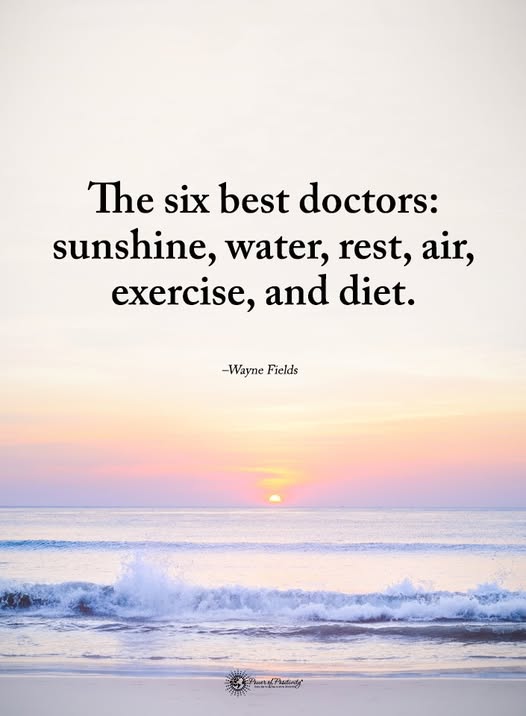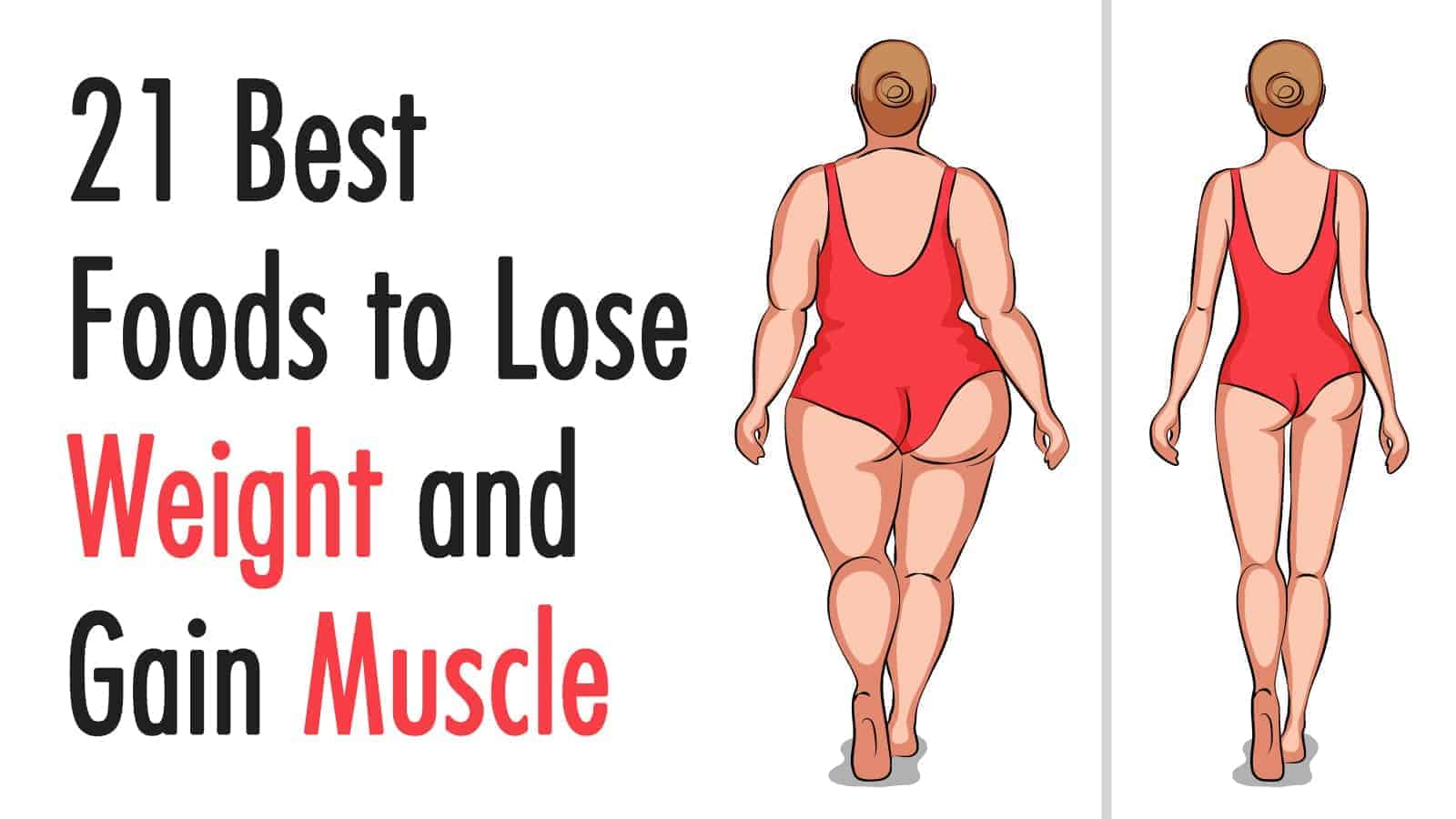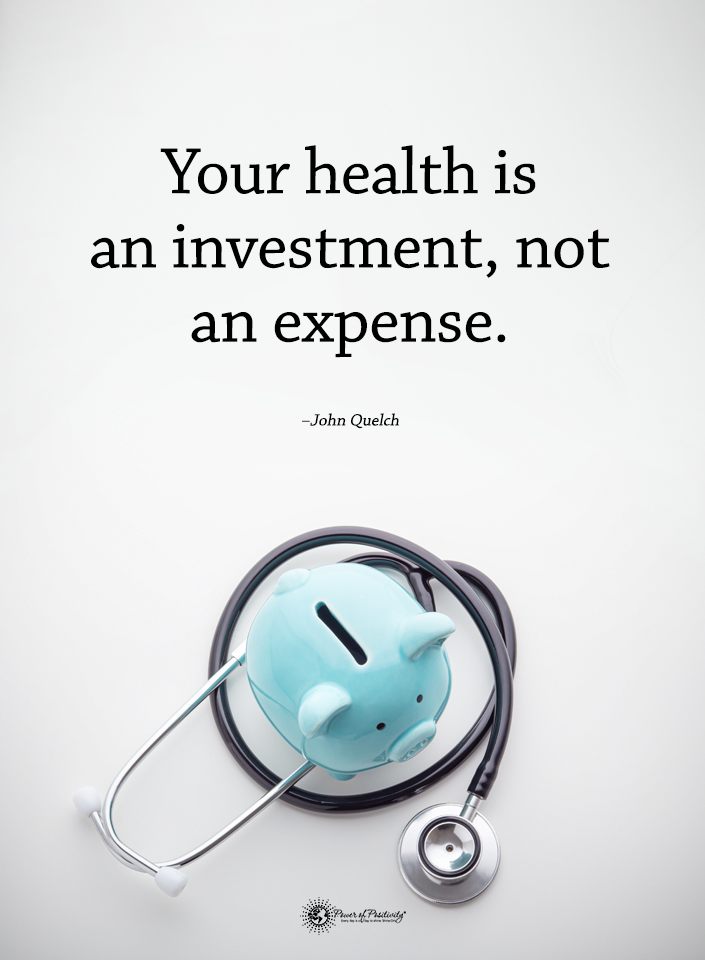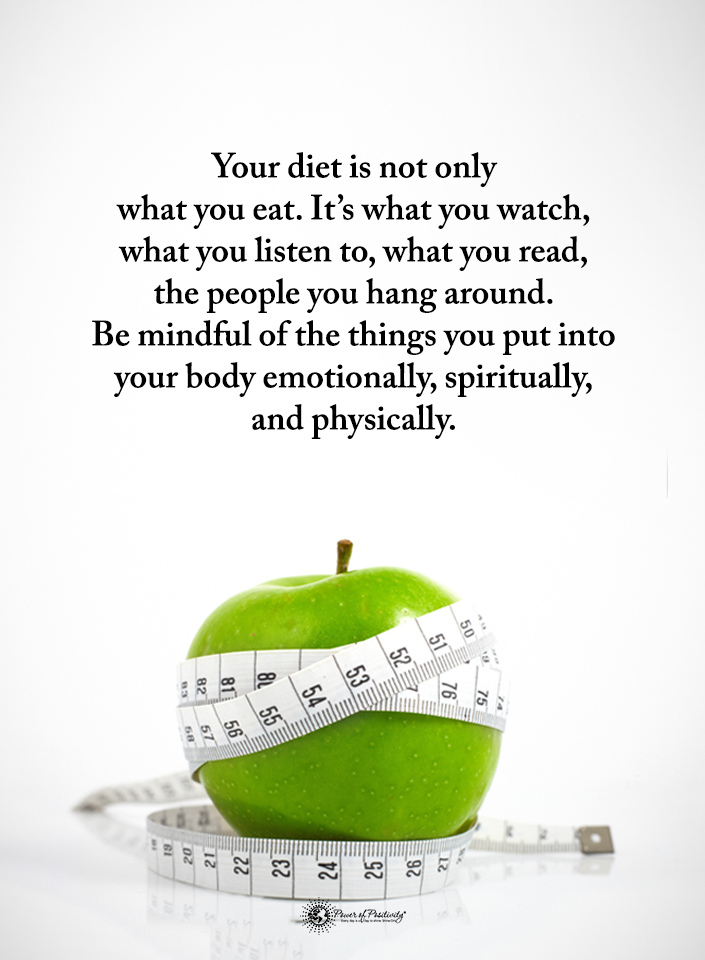The secret ingredients to achieving your fitness goals are foods that help you lose weight and gain muscle. While losing weight and building muscle may seem like opposing objectives, they actually complement each other. It’s not just about burning calories—it’s about fueling your body the right way. The correct diet has the power to either accelerate your progress or cause you to stagnate.
Most people focus on what they shouldn’t eat, but here’s a secret: it’s about what you do eat. Selecting foods that align with your body’s needs rather than contradicting them can significantly impact your health. Protein-packed meals and nutrient-dense options do more than just satisfy hunger—they help you shed fat while sculpting lean muscle.
Your metabolism relies heavily on muscle. If you lose muscle, your calorie burn will significantly decrease. But build it? Your body becomes a fat-burning machine, even when you’re just relaxing.
How Foods Help You Lose Weight and Build Muscle
Achieving weight loss while building muscle involves more than just hitting the gym; it’s about nourishing your body with the right nutrients at the right times. Let’s explore how strategic eating can help you reach your fitness goals.
The Role of Protein in Muscle Growth
Proteins are the building blocks of muscle tissue. Consuming adequate protein provides essential amino acids that repair and build muscle fibers, especially after exercise.
Incorporating high-quality protein sources like lean meats, dairy, and plant-based options ensures your muscles have the necessary materials to grow and strengthen.
How Nutritional Timing Impacts Weight Loss
When you eat can be as important as what you eat. Consuming carbohydrates and proteins around your workout times can enhance energy levels and muscle recovery.
Eating balanced meals at regular intervals helps maintain steady blood sugar levels, reducing cravings and supporting weight loss efforts.
The Balance Between Calories and Muscle Preservation
Creating a calorie deficit is key to weight loss, but cutting too many calories can lead to muscle loss. It’s crucial to find a balance where you’re consuming enough calories to fuel workouts and daily activities while still promoting fat loss.
Including sufficient protein in your diet helps preserve muscle mass during weight loss, ensuring that the weight you lose comes primarily from fat stores.
By focusing on nutrient-rich foods, timing your meals strategically, and balancing your calorie intake, you can effectively lose weight and build muscle, leading to a healthier and more toned physique.
Best Foods to Lose Weight and Gain Muscle
Expanding your repertoire of high-protein, animal-based foods can significantly enhance your journey toward weight loss and muscle gain. Here are three additional options to consider:
A. High-Protein Animal-Based Foods
🥚 Eggs: The Perfect Protein Powerhouse
Eggs are a nutritional marvel, offering a complete protein profile with all nine essential amino acids. Each egg provides about 6 grams of high-quality protein, making them ideal for muscle repair and growth.
Rich in leucine, a key amino acid for muscle synthesis, eggs also supply vital nutrients like vitamin B12, vitamin D, and healthy fats.
Their versatility allows for simple incorporation into various meals, from breakfast omelets to post-workout snacks.
🍗 Chicken Breast: Lean and Versatile
Chicken breast is a staple in fitness diets due to its high protein content and low fat levels. A 3-ounce serving delivers approximately 26 grams of protein with minimal fat, supporting muscle development without excess calories.
It’s also a beneficial source of B vitamins, which aid in energy metabolism. Whether grilled, baked, or added to salads, chicken breast’s adaptability makes it a convenient choice for diverse meal plans.
🐟 Salmon: Omega-3 Benefits for Fat Loss
Salmon stands out not only for its substantial protein content—about 22 grams per 3-ounce serving—but also for its rich omega-3 fatty acids. These healthy fats have been linked to improved muscle protein synthesis and enhanced fat loss.
Additionally, salmon provides essential B vitamins and selenium, contributing to overall health. Incorporating salmon into your diet can aid in muscle building while promoting cardiovascular well-being.
🐠 Tuna: Low-Calorie, High-Protein Classic
Tuna is a lean protein source, offering around 20 grams of protein per 3-ounce serving with very low fat content. It’s rich in omega-3 fatty acids, which support muscle health and may assist in reducing body fat.
Tuna also supplies vitamins such as B12 and D, essential for energy production and bone health. Available in canned or fresh forms, tuna is a convenient option for quick, protein-packed meals.
🦐 Shrimp: Low-Fat Protein Boost
Shrimp provides a high-protein, low-calorie option, delivering about 20 grams of protein per 3-ounce serving with minimal fat. It’s a beneficial source of selenium and vitamin B12, supporting muscle function and energy levels.
Shrimp also contains iodine, important for thyroid function, which regulates metabolism. Quick to cook and versatile in dishes, shrimp can be a valuable addition to a muscle-building diet.
🥩 Lean Beef: Muscle’s Best Friend
Lean cuts of beef, such as sirloin or tenderloin, are rich in high-quality protein and essential amino acids, including leucine, which plays a pivotal role in muscle synthesis.
A 3-ounce serving provides approximately 25 grams of protein. Additionally, beef is a valuable source of iron and vitamin B12, nutrients vital for energy production and muscle function.
B. Plant-Based Protein Sources
🌱 Soybeans: The Vegan Protein Staple
Soybeans are a powerhouse of plant-based protein, providing all nine essential amino acids necessary for muscle growth. A one-cup serving of cooked soybeans offers approximately 29 grams of protein.
They’re also rich in vitamins and minerals, including iron, calcium, and magnesium, which support overall health. Incorporating soybeans into your meals can aid in muscle development and weight management.
🫘 Beans and Lentils: Fiber-Rich and Nutrient-Dense
Beans and lentils are excellent sources of protein and dietary fiber, promoting satiety and aiding in weight loss. For instance, a half-cup serving of cooked lentils provides about 9 grams of protein and 8 grams of fiber.
Their high fiber content supports digestive health and helps maintain steady energy levels, making them ideal for muscle recovery and growth.
🥗 Tofu: The Plant-Based All-Rounder
Tofu, made from soybeans, is a versatile protein source that adapts to various dishes. A half-cup serving of firm tofu contains around 10 grams of protein.
It’s also a good source of calcium, which is essential for muscle function and bone health. Tofu’s adaptability makes it easy to include in stir-fries, salads, and smoothies, enhancing your protein intake.
🌾 Quinoa: A Complete Protein Grain
Quinoa is a unique grain that provides all essential amino acids, making it a complete protein source. One cup of cooked quinoa offers about 8 grams of protein.
It’s also rich in fiber, aiding in digestion and prolonging feelings of fullness, which can assist in weight management.
Quinoa’s versatility enables its use in salads, as a rice substitute, or in breakfast bowls, thereby making it a valuable addition to a muscle-building diet.
C. Snackable Superfoods
- Almonds and Peanuts: Nuts like almonds and peanuts are protein-rich and contain healthy fats, promoting satiety. An ounce of almonds offers about 6 grams of protein.
- Lean Jerky: On-the-Go Protein Perfection: Lean jerky serves as a convenient, high-protein snack with minimal fat, supporting muscle maintenance.
D. Dairy and Dairy Alternatives
🥛 Greek Yogurt: Dual-Action Protein Blend
Greek yogurt is a standout choice for muscle building. It’s packed with a mix of fast-digesting whey protein and slow-digesting casein. A single 6-ounce serving offers about 15 grams of protein, perfect for muscle repair.
Rich in probiotics, Greek yogurt also supports gut health. Add it to smoothies, or enjoy it with fruits for a delicious protein-packed snack.
🧀 Cottage Cheese: Packed with Slow-Digesting Casein
Cottage cheese is a muscle-building favorite, thanks to its high casein content—a protein that digests slowly, ideal for overnight muscle recovery.
One cup delivers about 28 grams of protein along with calcium for bone health. Pair it with fresh fruits or use it as a savory spread to boost your meals.
🥤 Milk: Nature’s Perfect Post-Workout Drink
Milk is a classic choice for post-workout recovery. With a balanced mix of protein and carbs, it replenishes energy and supports muscle repair.
One cup of milk provides 8 grams of protein and essential nutrients like calcium and vitamin D. Whether added to smoothies or enjoyed on its own, it’s a versatile option for any diet.
E. Seafood Options
- 🦪 Scallops: Scallops are the perfect mix of low-calorie and high-protein, providing about 20 grams of protein per 3-ounce serving. They’re also rich in magnesium, which helps relax muscles and prevent cramps.
- 🐚 Other Omega-3 Rich Seafood: Seafood like mackerel, sardines, and trout not only provide high-quality protein but are also rich in omega-3 fatty acids.
F. Whole Grains and Energy Sources
🍛 Brown Rice: Whole Grain for Sustained Energy
Brown rice is a complex carb that fuels your workouts and supports recovery. A 1-cup serving provides 5 grams of protein along with fiber to stabilize blood sugar. Pair it with lean protein for a balanced, muscle-friendly meal.
🥙 Chickpeas: Carbs for Energy, Protein for Muscle
Chickpeas are a dual-purpose food, offering both protein and carbohydrates. A half-cup serving has about 7 grams of protein and 22 grams of carbs, making them a perfect pre-workout food. Toss them in salads, or roast them for a crunchy snack.
Common Pitfalls to Avoid

Embarking on a journey to lose weight and build muscle is commendable, but certain pitfalls can hinder your progress. Being aware of these common mistakes can help you stay on track toward your fitness goals.
1. Overeating Healthy Foods
While nutritious foods are essential, consuming them in excessive amounts can lead to unintended weight gain. Nuts, avocados, and whole grains, though healthy, are calorie-dense. Practicing portion control ensures you reap their benefits without surpassing your caloric needs.
2. Not Balancing Macronutrients
Focusing solely on one macronutrient—be it protein, carbohydrates, or fats—can disrupt your body’s harmony. A well-rounded diet that includes appropriate portions of each macronutrient supports muscle growth and energy levels. For instance, carbohydrates are vital for fueling workouts, while healthy fats aid in hormone production.
3. Skipping Essential Fats
In the quest to shed pounds, some eliminate fats entirely, overlooking their crucial role in the body. Healthy fats, such as those found in fish, nuts, and olive oil, are essential for hormone regulation and can enhance satiety, preventing overeating.
Fueling Your Fitness Future
Reaching your weight loss and muscle-building objectives doesn’t have to be a daunting task. By making smart food choices and focusing on nutrient-rich options, you’ll fuel your body in ways that support your health, energy, and fitness ambitions.
Remember, it’s not just about what you cut out—it’s about what you add in! Maintaining balance, maintaining consistency, and exercising patience are your key strategies.
Start small, stay positive, and celebrate every step forward. Your body will thank you for the love and care you invest.
After all, a plate of wholesome goodness awaits a stronger, healthier you. Go ahead—dig into your journey with confidence and joy! 🌟



















